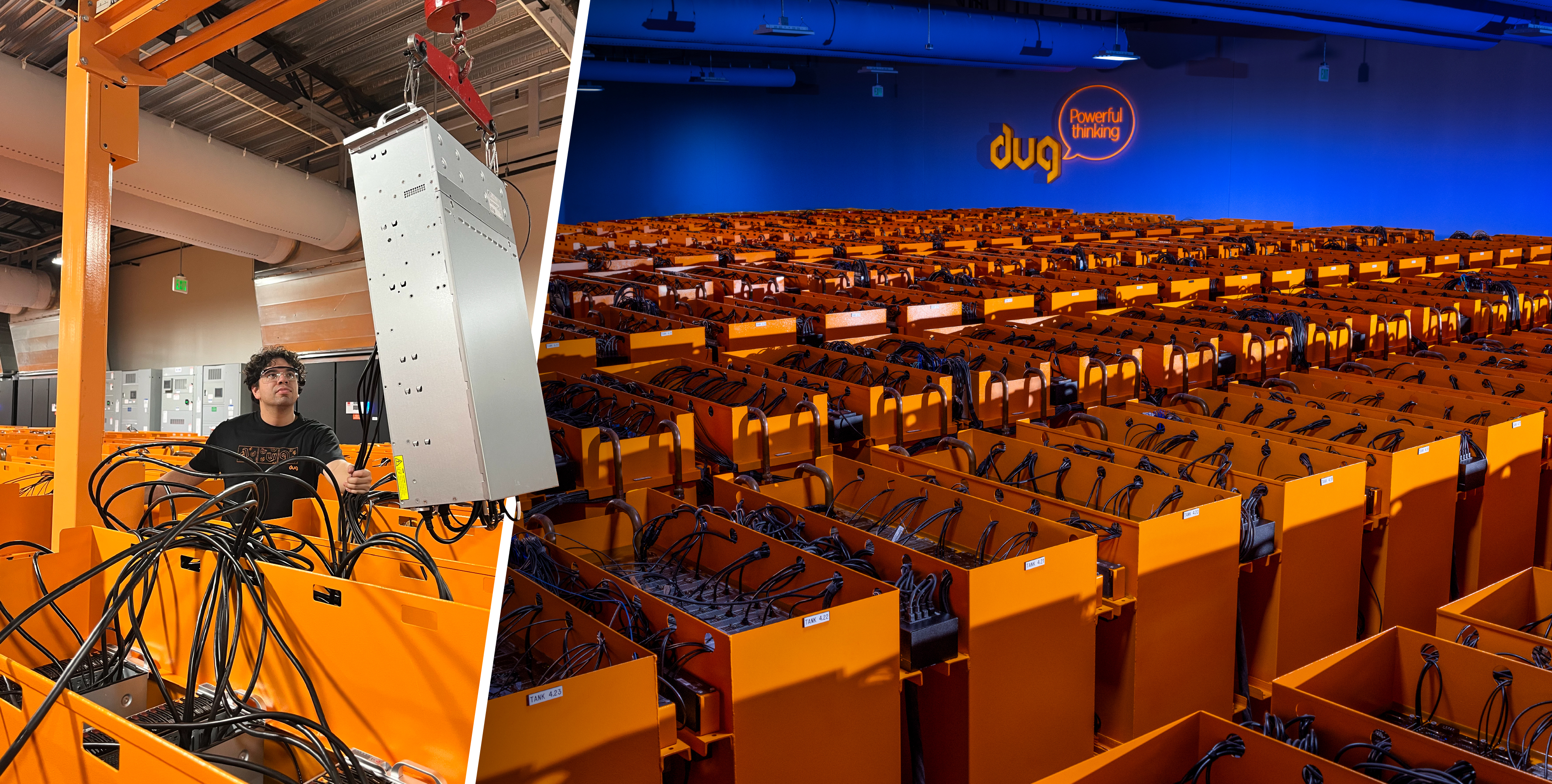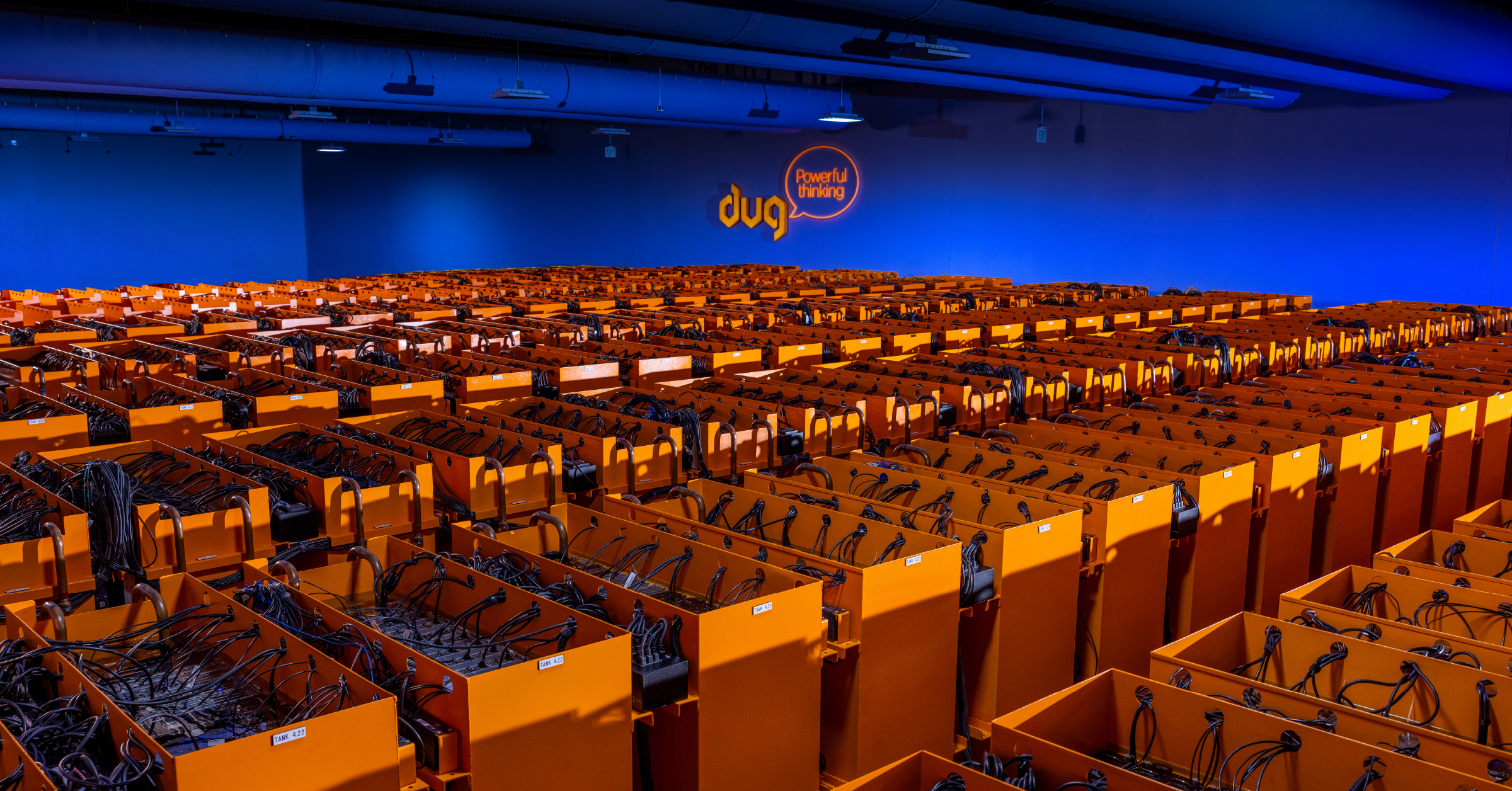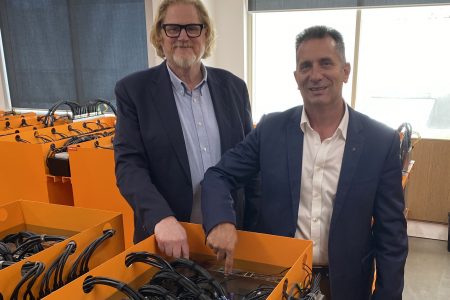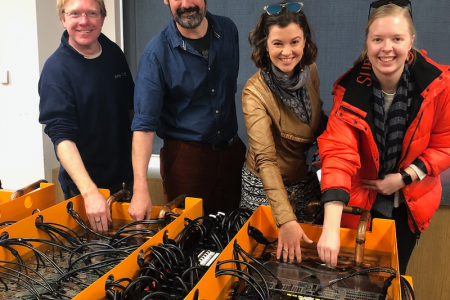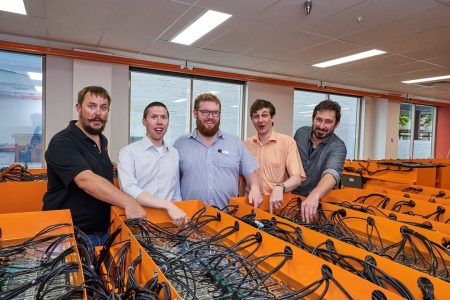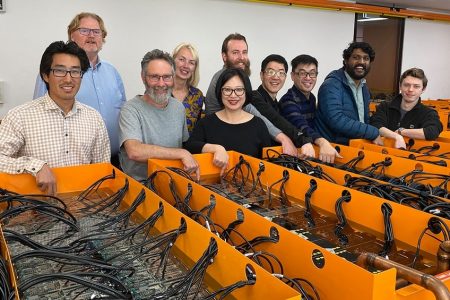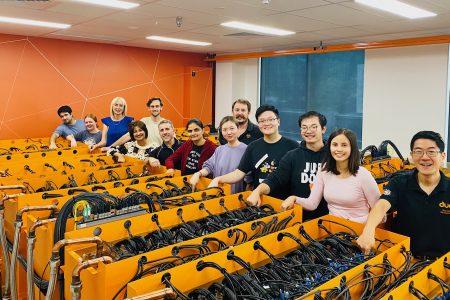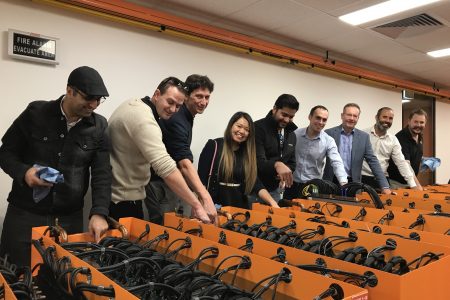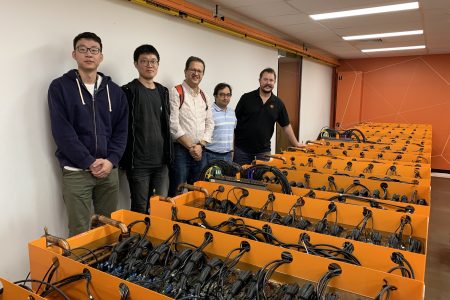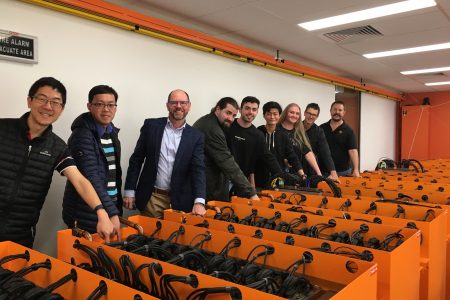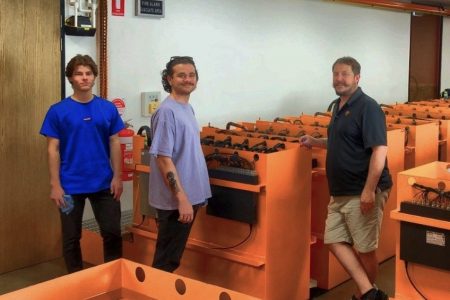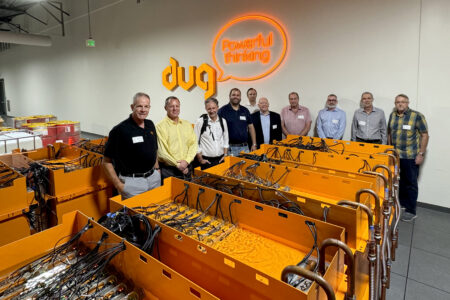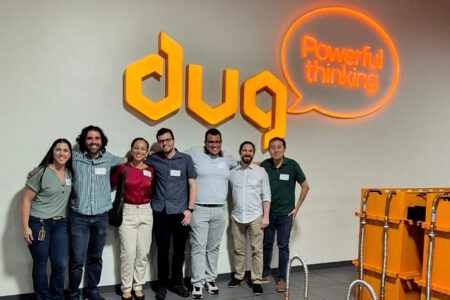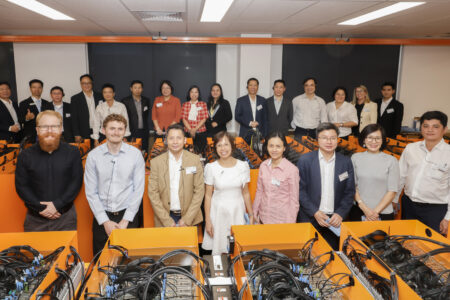Ninja Syndicate, one of Australia’s leading Web3 game developers, is partnering with high-performance computing (HPC) specialists DUG Technology (DUG), to support a rapidly expanding player base into the metaverse.
Since Facebook famously changed its name to Meta in 2021, the term metaverse has become synonymous with Web3 and the natural evolution of the internet.
While large organisations grapple with the implications of this emerging trend, it is those innovative outfits such as Ninja Syndicate and DUG that are poised to really capitalise on the growth of the metaverse.
According to Ninja Syndicate’s CEO Alex Dunmow, “creating 3D open-world gaming environments in real-time requires a level of super reliable, on-demand data that you just can’t get from standard data centers, which is part of the reason why we’ve engaged DUG. With our goal to expand our player base growing to 100 million, it’s essential we partner with the best in the business.
“We decided to partner with DUG because of its focus on sovereign capability, green computing to ensure a positive impact on our ESG footprint, security, and a dedicated Australian-based HPC support team with domain-specific expertise.”
DUG offers world-class, next-level processing, storage, and software services. Specialising in high-performance computing as a service, DUG is powered by some of the largest and greenest supercomputers on Earth.
DUG Chief Information Officer Dr Stuart Midgley said: “Our focus on performance through our GPU-powered compute and high-speed networks will enable Ninja Syndicate to provide a premium service to its gamers, allowing them to be more immersed in the metaverse.
“We see great synergies with our engagement with Ninja Syndicate, who is leading the way in metaverse expansion with its XSYN suite of tools, and its impressive track record with its mech auto battler game Supremacy.”
With a global gaming market of over two billion gamers predicted to onboard into Web3 over the next decade, it’s clear the gameplay experience is fueling the need for heightened performance and security.
As this technology evolves and becomes mainstream, users require the fidelity and performance reliability that will enable this seamless integration into the metaverse.
Full release here.




